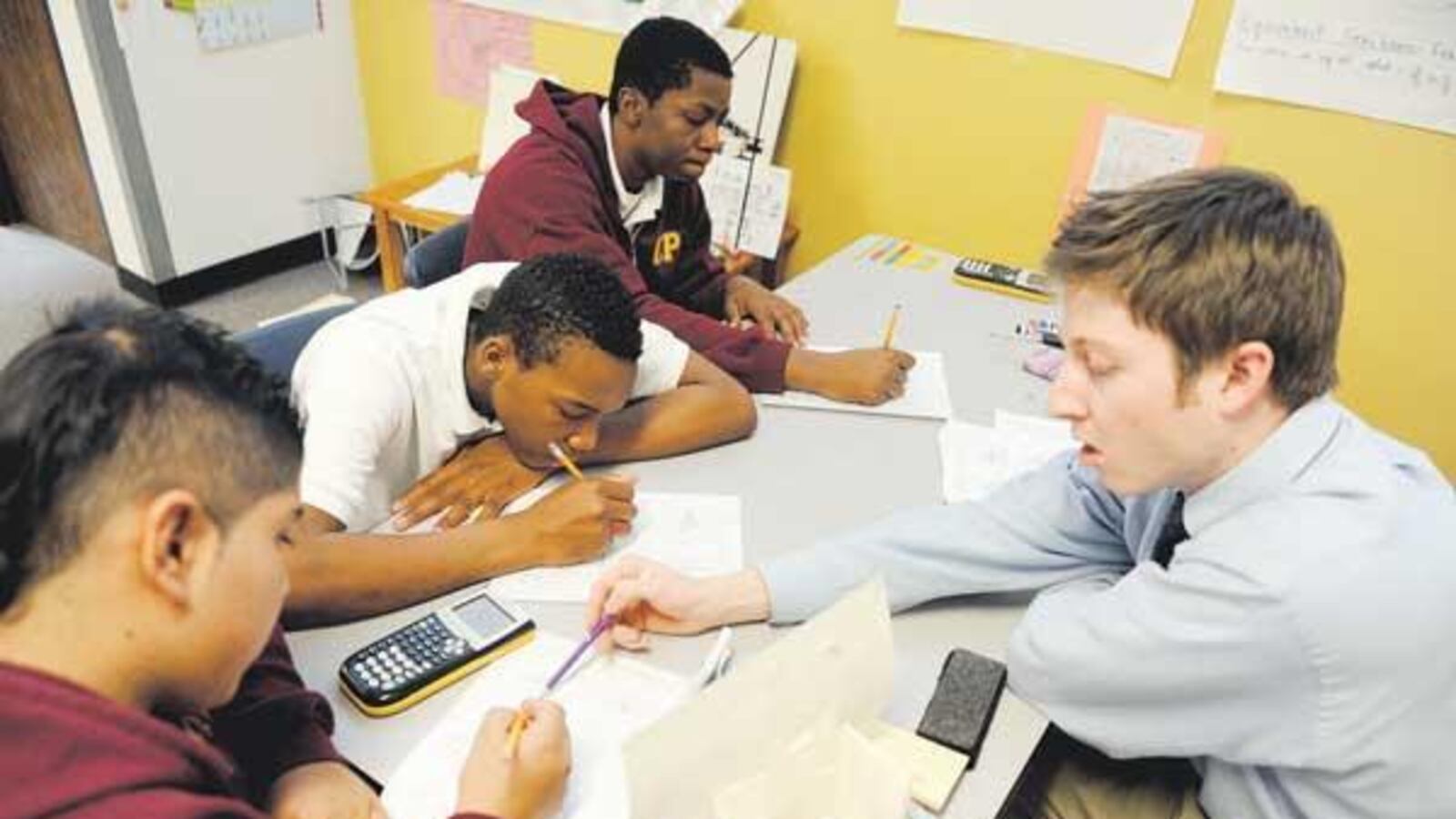In a win for Denver Public Schools, the Colorado Supreme Court has ruled the state’s largest school district didn’t break the law when it approved “innovation plans” granting more flexibility around staffing, curriculum and scheduling for 11 new schools.
However, a lawyer for the state’s teachers union said the decision is “so illogical” that the union is asking the high court to reconsider the case — a move she concedes is a long shot.
State law says each school’s innovation plan must include evidence that a majority of teachers consent to designating it an innovation school. That status affords a school more autonomy by exempting it from certain state and district rules, including those in the teachers’ contract.
The Denver teachers union sued DPS after the school board gave the go-ahead to 11 new innovation schools between 2010 and 2012 without first obtaining the consent of the teachers.
That’s because unlike at existing schools, the teachers were hired after the innovation plans were approved. They then voted by secret ballot during the first week of school on whether to support the plans and waive the collective bargaining agreement. The high court notes that in all 11 cases, “far more than the requisite 60 percent” of teachers voted yes.
The union argued that timing doesn’t make sense.
“The way it’s supposed to work is you’re supposed to have an existing school with teachers, students, parents and a community — and if the idea arises that an innovation school would be a good idea, they could begin that process,” said Sharyn Dreyer, an attorney for the Colorado Education Association who represented the Denver teachers union in the case. “It’s silly to create something and then vote on whether it can be created, which is what they’re doing here.”
A Denver District Court judge initially ruled mostly in favor of DPS. The union appealed, and the Colorado Court of Appeals reversed the district court’s decision.
But in late April, the state Supreme Court reversed that decision, siding with DPS once again.
In a split opinion, a majority of the seven justices found that barring school boards from approving innovation plans for new schools that haven’t yet hired teachers would be “directly contrary” to the intent of the innovation schools law. That law, passed in 2008, “was intended as an empowerment of, not a restriction upon, local school districts,” they wrote.
Requiring districts to wait would be harmful to all students and “especially to those from failing school districts,” they ruled. Schools’ innovation plans often include provisions such as longer school days that are meant to boost student achievement.
Three of the seven justices concluded the opposite. They found that the “plain language” of the law requires a vote of the teachers before an innovation plan is approved.
Dreyer said the union will likely ask lawmakers next year to amend the law to make it so.
Meanwhile, DPS officials said they’re pleased a majority of justices saw it their way. Denver teachers will continue to vote on their schools’ innovation plans, Denver Superintendent Tom Boasberg said; the ruling simply makes clear that it’s OK for the school board to vote first.
“Our teachers vote in a fair, secret-ballot vote, and that is a critical part of the innovation process,” Boasberg said. If they vote in favor, the plan can immediately go into effect, he said.
“We certainly hope in the future to spend less time and money litigating on these issues because I think this kind of litigation ends up being very costly,” Boasberg added.
DPS is still awaiting a Colorado Supreme Court ruling in another lawsuit filed by a group of teachers over job protections. The justices heard arguments in that case in December.

